Natural cosmetics, healthier than chemistry?
Natural cosmetics, healthier than chemistry?
Restaurantes que apuestan por platos a base de ingredientes crudos, batidos de frutas y verduras hechos en casa, ropa y alimentos ecológicos… Esta tendencia también ha llegado a la cosmética, y cada vez son más las marcas que apuestan por fórmulas a base de ingredientes naturales. Se trata de la llamada cosmética natural.
Although there is no stable and consensual definition, it is understood that it is that elaborated from natural products of plant, mineral or animal origin avoiding the use of chemicals or using these in a residual way.However, it is possible to establish the difference between natural cosmetics and organic cosmetics.
While all organic cosmetics is natural, not all natural cosmetics is organic.As María José Gea explains, responsible for the production and development of Viñali Cosmetica, organic cosmetics is that whose ingredients come from organic farming, regulated by a regulation that guarantees traceability (procedures that allow following the process of evolution of a product in eachone of its stages).
That is, organic cosmetics guarantees the knowledge of the origin of its raw materials and that its products have been developed through a sustainable production process.
However, "all companies today have a very high social responsibility and principles of respect for the environment," says Carmen Esteban, technical director of the National Perfumery and Cosmetics Association (Stanpa).
For its part, the cosmetics formulated based on synthetic substances (popularly known as chemical cosmetics) is that whose products derive from a process of elaboration or synthesis in a laboratory.
Faced with the simple question of whether some products are better than others, both experts agree: the best cosmetic is always the one that best suits your skin.
Natural cosmetics vs.synthetic
To assess whether a product is better than another, it is useful to establish a comparison between the two with respect to the main concerns of consumers: the efficacy-self-confectione binomial.
Effectiveness
As for efficiency issues there is no difference between both types of cosmetics.«The regulation says you have to comply with what you promise to the consumer.In the product information file they have to record tests that demonstrate the effectiveness that the brand offers in its labeling, explains Carmen Esteban ».And this regulation applies equally to natural and synthetic cosmetics.
«We can find ingredients of natural origin that have demonstrated their usefulness due to their traditional consumption, and on which new essays have been practiced that have corroborated their effectiveness, but there are also very effective ingredients obtained by chemical synthesis, since this process allows to isolate thecomponent of greater power in a plant and include it isolated in cosmetic products, ”compares María José Gea.
In addition, there are cosmetics that cannot be manufactured entirely with natural elements: it is the case of sunscreens."If I want high protection I will have to resort to synthetic products or a mixture between these and natural ingredients," explains Carmen Esteban
How are we starting out Week Online in Learning Strategies @JDHODGSONES?Talking About Our EFS and How To Identify ... https://t.co/3tmjugfyit
— Lisa Phillips Mon Jan 04 13:39:29 +0000 2021
Security
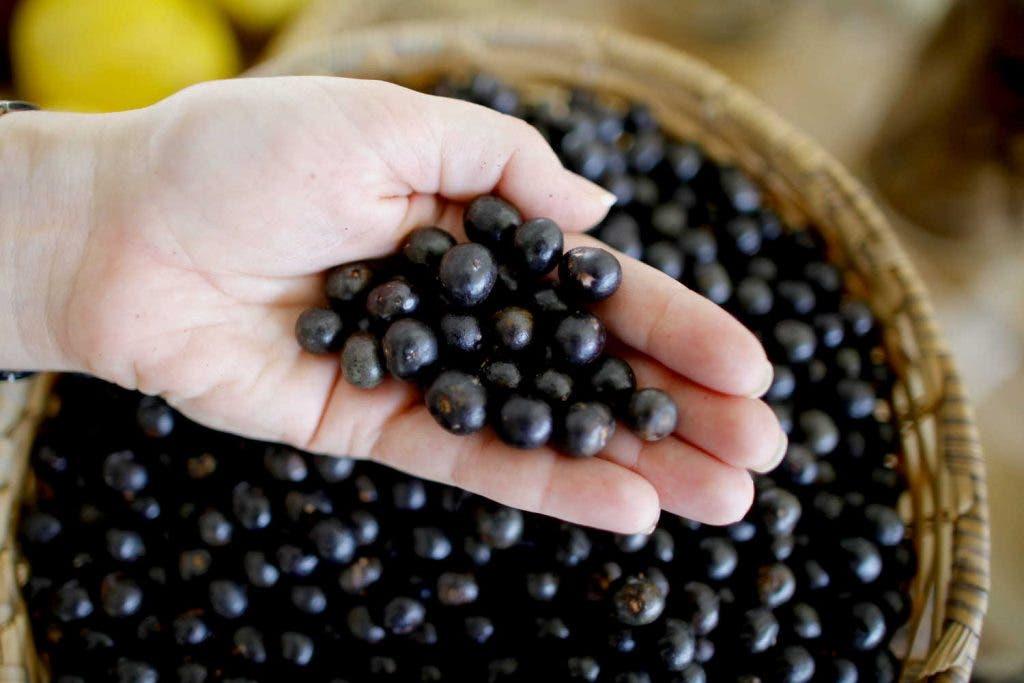
Carmen Esteban explains that any cosmetic product that is put on the market has to comply with security standards that are regulated by a regulation in the European Union.This occurs both with products manufactured inside these borders and with those imported from other countries, which makes all cosmetics sold in this area meet the same safety conditions.
It is impossible, therefore, to establish what type of product is, categorically, better.Lola Rabbit-Mir, a member of the Spanish Academy of Dermatology and Venerology, points out that "each person has a skin, and it is not possible to create a cosmetic that goes well to everyone".There are many factors that will condition which products feel better, such as age or sex and, more specifically, seborrhea, dryness or sensitive skin, among others.
The experts warn that, depending on the problem and our circumstances, we must make our choice.«Organic cosmetics can help us in cases of intolerances or allergies to chemical substances that have a product of synthetic origin,” recognizes the dermatologist."It is a complex issue, but to assess all these factors of choice we are dermatologists, that we are the skin specialists."
However, Carmen Esteban points out that it is scientifically demonstrated that natural products are much more allergenic than synthetic for their complexity, and affirms that, although natural substances are equally safe as syntheticIts 100%chemical composition.
On the other hand, the composition of natural ingredients can range: «We can talk about the case of oil or wine.Each harvest, each terrain or the amount of rain of each year are factors that vary its composition, which makes it more difficult to control their safety ».Even so, this is guaranteed by chemical analysis."Otherwise, these products could not be used."
"SIN" Tags
The concern to find the healthiest products has led consumers to "SIN" fever.The most demanded tagged are those that carry the "unparalleled" claims, "without sulfates" or "without silicones", but ... do we really know why the products that do not contain them are better?
"There is a lot of urban myth related to the toxicity of the ingredients," says Carmen Esteban.This chemistry reiterates that all products for sale in Spain and the rest of the EU support security evaluations under the supervision of a European Committee of Independent Scientists that depends on the European Commission.
However, these ingredients can cause problems in some skin types.Carmen Esteban and Lola Rabbit-Mir match: Parabens can produce allergies;Sulfates, present in soaps and foams, can cause irritation in very dry or sensitive skin.However, silicones only usually generate cosmetic problems, such as cakes -hair when they are present in hair products (they are used to softness to the hair).
«It makes me very funny to see some products in which it puts 'without parabens' and in which you can read a list of ingredients that contains several allergens of the perfume, or of a natural essential oil -even ecological -, which can irritate theskin », warns María José Gea.
MYTH OF THE PARABENS
As Carmen Esteban explains, the parabens form a large family of which only three members are approved for use in cosmetics, because only those three are considered safe in this area."It is a preservative that has been using for years, it has no history of allergies or adverse effects and is effective, but unfortunately it has a bad press for use in cosmetics," she adds.
The importance of preservatives
«A cosmetic product is great accommodation for microorganisms because it has water, very rich fatty materials and even plant extracts.Bacteria live in him as at home, ”says Stanpa's technical director with humor.
For this reason, an element that slows them down is necessary, and for this the preservatives are used.Its presence is very important, since a polluted product can produce problems such as dermatitis or skin infections."There is a short list of authorized preservatives, and those are those used," he says.
Urban legends around silicones
Stanpa's technical director explains that silicone is a product with limited and chemically inert absorption, that is, it does not react with other substances.However, there is the popular belief that it obstructs the pores and does not let the skin breathe, something that, according to the chemistry, is false.
"One thing is the silicone that is put in the shower to prevent the water from passing and a very different are the silicones that are used in cosmetics: super technological ingredients that give magnificent textures that cannot be achieved with other substances," he clarifies.
For these reasons, experts claim that it is only necessary to choose free products from these components if there is a specific problem for which they are contraindicated.Otherwise, selecting cosmetics with or without parabens, preservatives, silicones or sulfates must be a personal choice of consumer based on their preferences.
Taking into account that both natural and synthetic cosmetics comply with safety and efficiency guarantees, other criteria can be taken into account when choosing the desired product.
«If your personal decision is to use products from which you know their origin, knowing that they have been developed under a sustainable production process and that come from organic farming, organic natural cosmetics can be your choice, although more and more laboratories follow standardsof green chemistry, ”reflects María José Gea.
In any case, the chosen option should always be preceded by a product test, especially if it is intended for facial care, since the skin of this area is especially sensitive and greater intolerance can be presented.
As for the initial question of whether the rise of natural cosmetics is a passenger, María José Gea concludes: «I believe that this fashion is related to people's awareness for natural products, not only in cosmetics, but also in food, where a population sector demands ecological foods.But I don't think it's a passenger fashion ».
Carmen Esteban, on the other hand, recognizes that the increase in the offer of these cosmetics responds to the operation of the market: "All consumer products follow trends that companies try to satisfy, and now the consumer is demanded natural products," he says.
But both reiterate that it is merely, a matter of taste.«I choose based on my lifestyle, trend or preferences a natural product: perfect, is on the market and covered by a brand of a company.It is equally insurance and it will give you the effectiveness it promises, just like a cosmetic of synthetic origin, ”says Carmen Esteban.

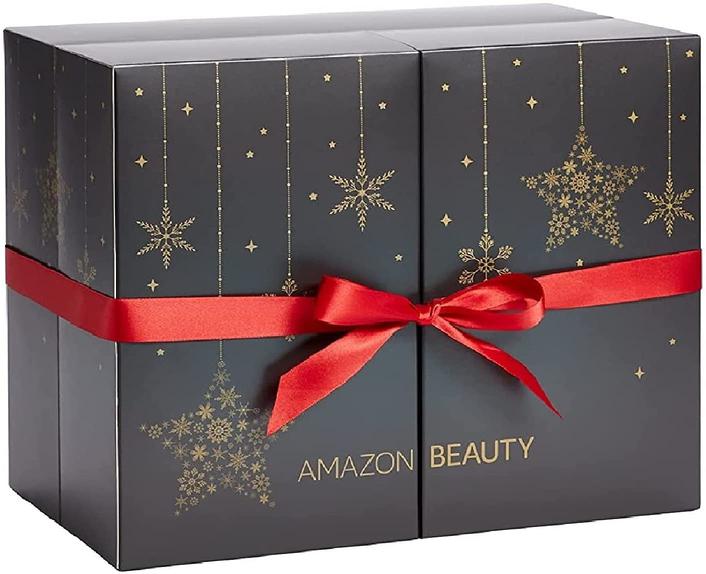
![46 Best Eyebrow Tint in 2022 [Based on 59 Expert Opinions]](https://website-google-hk.oss-cn-hongkong.aliyuncs.com/drawing/article_results_6/2022/2/27/ed118fdf3947d2023236cbe413ad9041.jpeg)
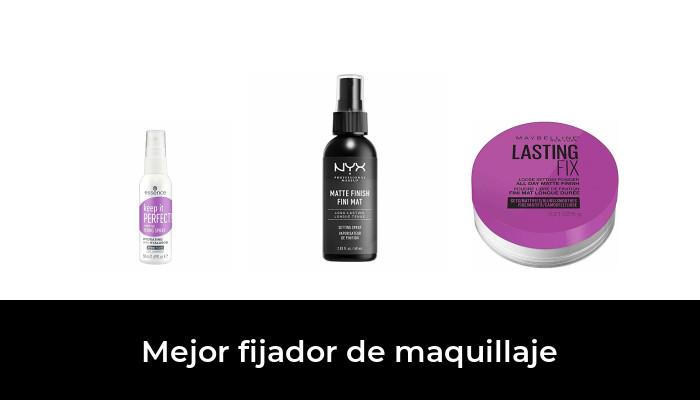
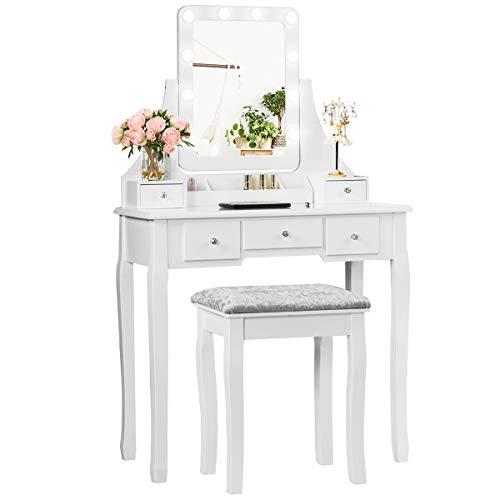

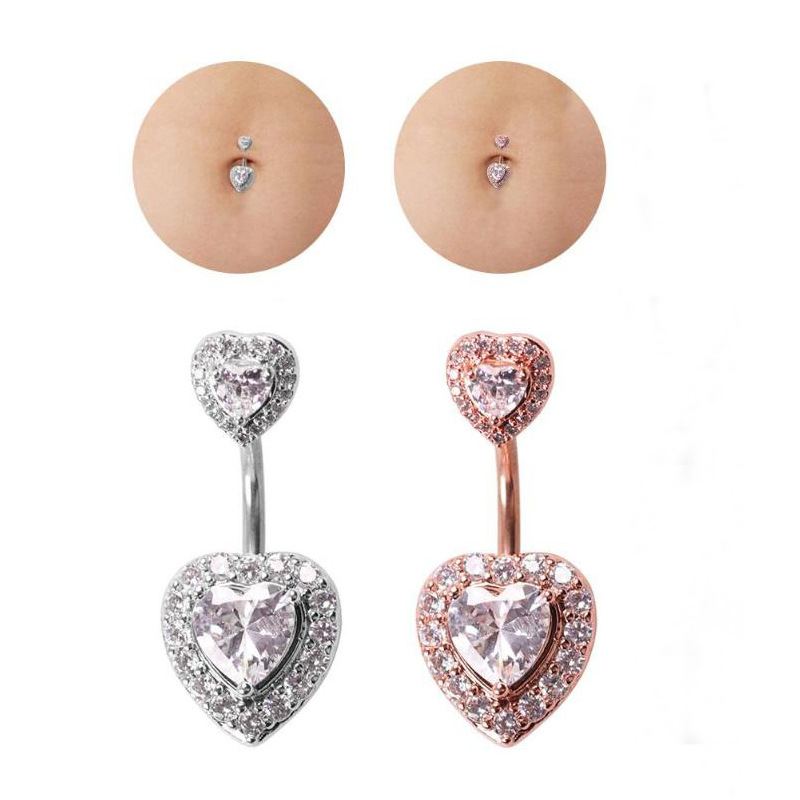
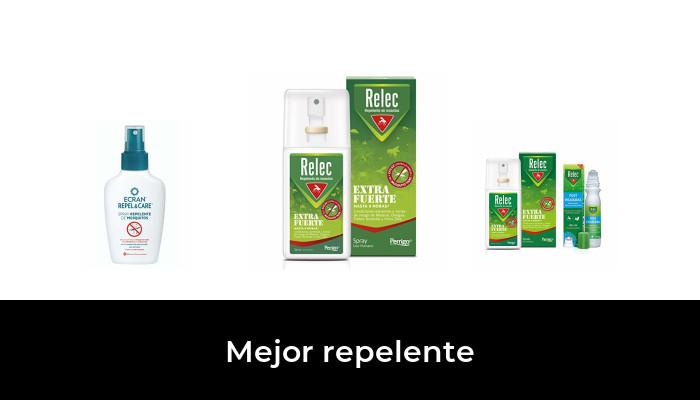
![47 best antiage nutritive cream in 2022 [based on 326 reviews] 47 best antiage nutritive cream in 2022 [based on 326 reviews]](https://website-google-hk.oss-cn-hongkong.aliyuncs.com/drawing/article_results_6/2022/2/27/1918fc37c66ad30564173e69d9df88a0.jpeg)

